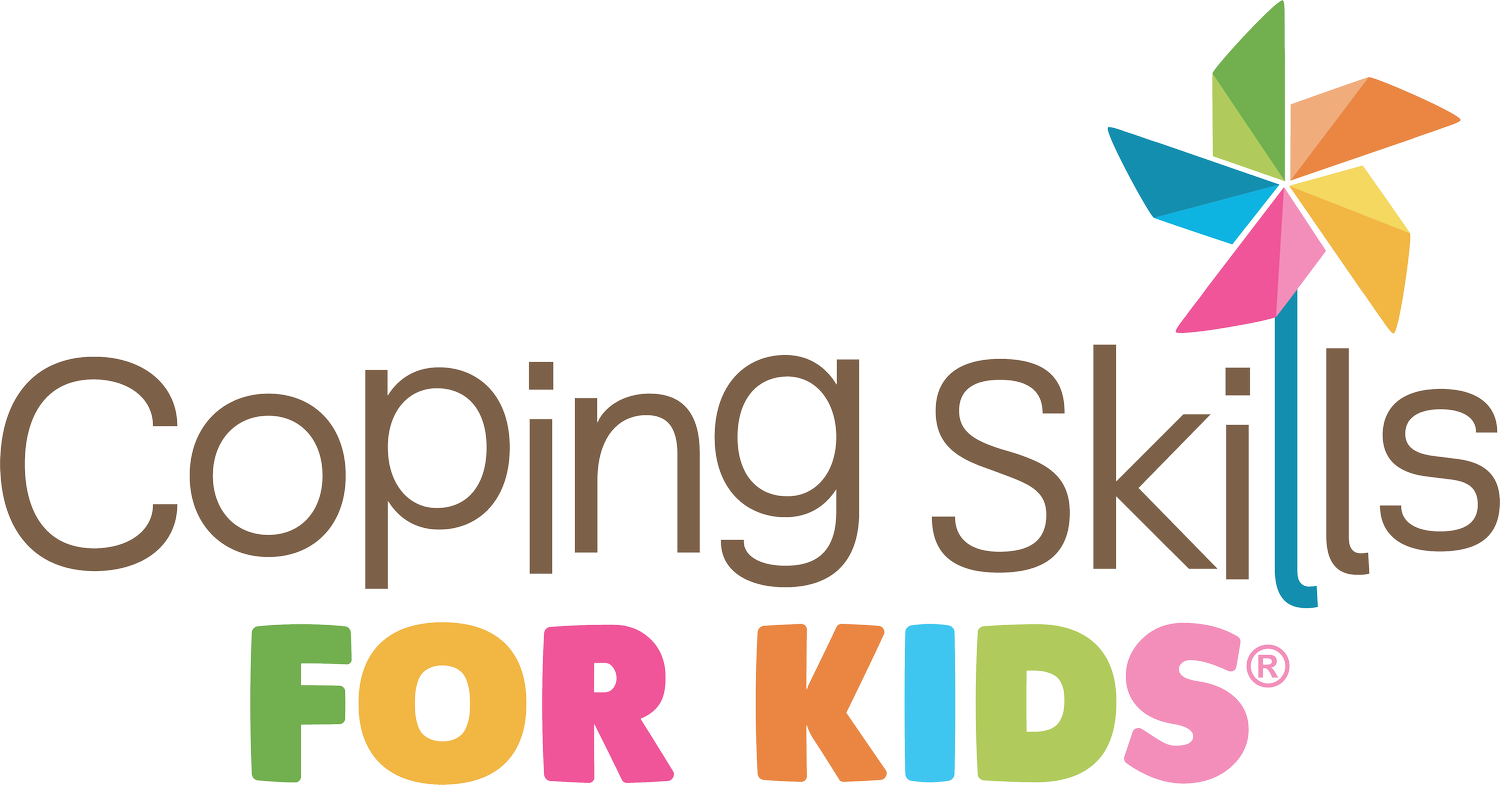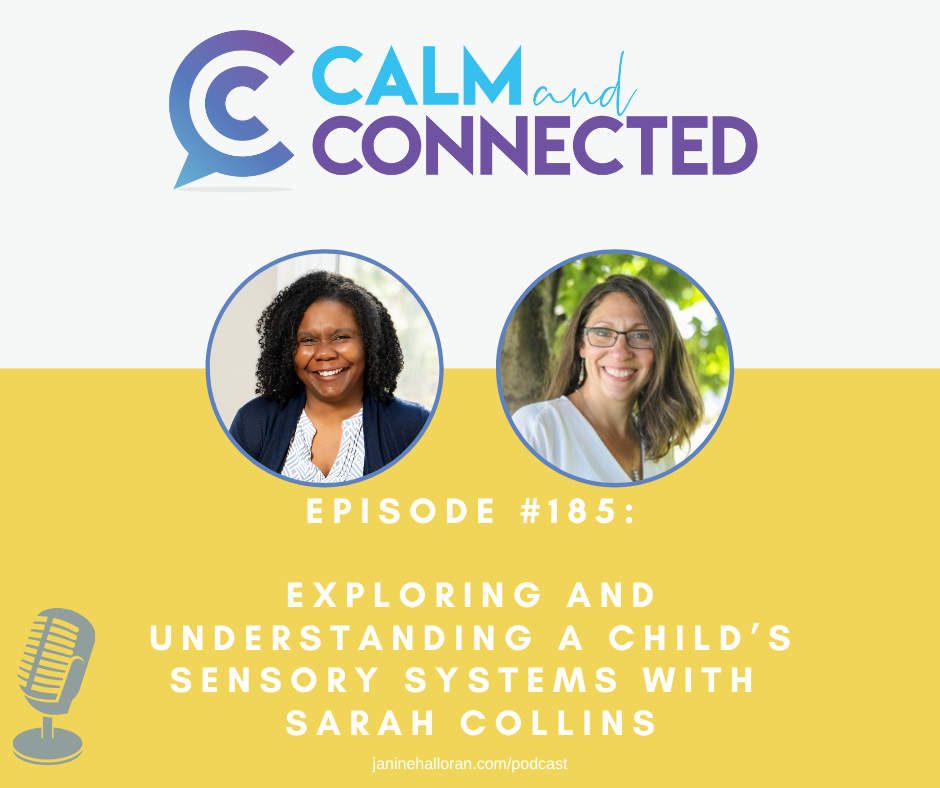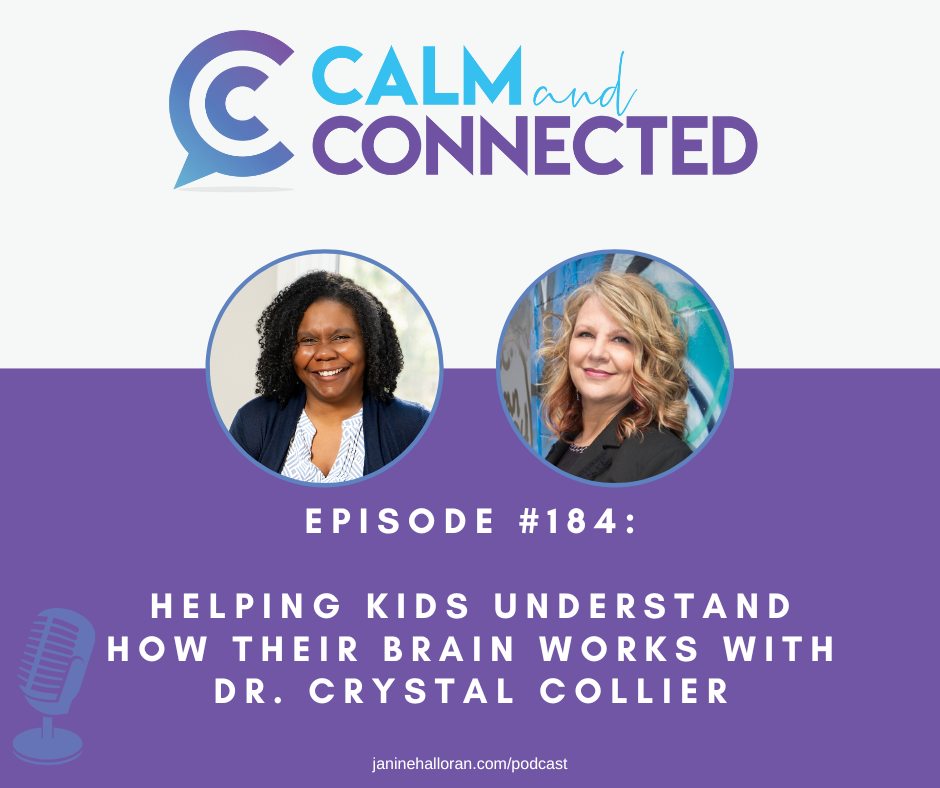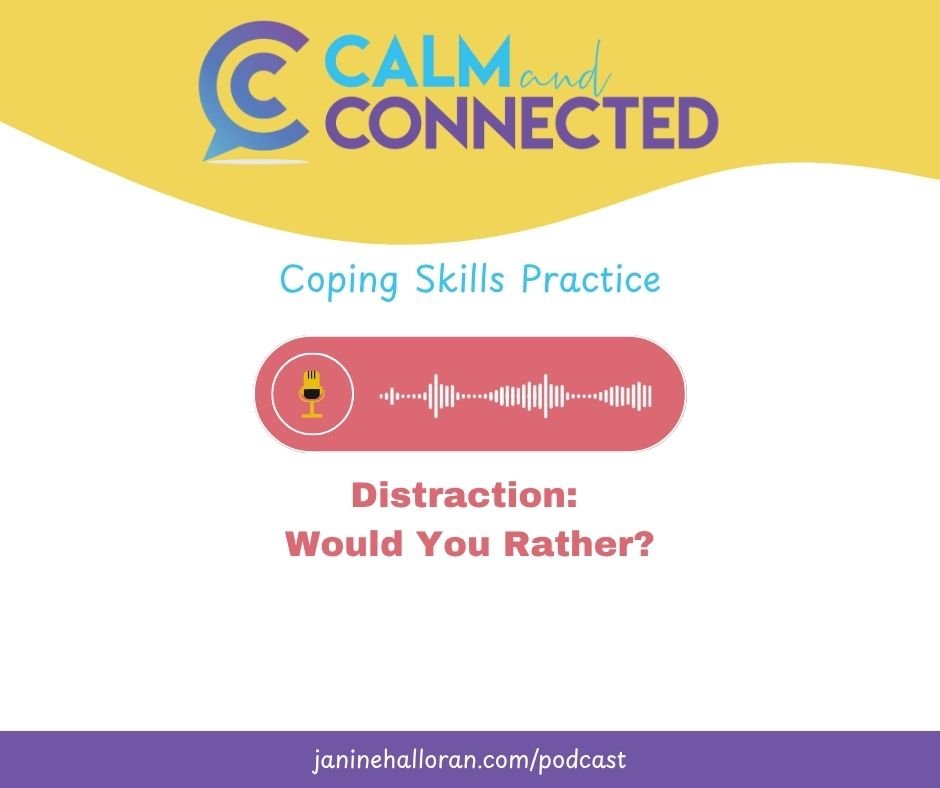Inside: Some ideas why kindergarteners might be so angry, 4 questions to ask yourself to get a better idea of what's going on, and 5 suggestions of things to try that will help.
It was happening again. Your son came off the bus and he was fuming. His face was red and his eyebrows were furrowed. His whole body was full of anger. Almost immediately, he began hitting and kicking at you. You and your husband look at each other, bewildered. What happened?!?
Have you ever had a time when your child was angry for no reason in particular? Usually there's one or more underlying issues that you just haven't thought about. If your child is struggling, think through these questions:
Is something happening at school?
Often times, kids may be having difficulty at school, but don’t share it openly with their parents. They could be struggling with learning. Maybe they’re having a hard time with a new concept that just got introduced. Perhaps there is a kid who is bothering him. Maybe they’re in a fight with their friends at school. There could be some issues on the bus. Chances are, their schedule is different this year, - the day is longer, or they’re having snack or lunch at a time they’re not used to. That could also be bothering them too.
Is something different at home?
Change happens, but that doesn’t mean it’s easy for kids to deal with it. Some possible changes that impact a child:
There’s a new sibling
Parents are divorcing
A relative is sick
Moving to a different home or town
Lots of changes in schedules
Is something happening medically?
If you see a significant change in behavior, take a few minutes and think about any other changes you’ve noticed recently. Have there been any recent illnesses? Has anything changed with sleeping? Have you noticed your child's appetite is different - are they eating more or less?
Do they know language to label their feelings and express themselves?
Sometimes, kids have such huge feelings that they react physically without really understanding what is happening. They may not even realize they're mad!
So, what can you do?
Be a detective
Gather as much information as you can. Talk with your spouse about what they’ve noticed. Talk with other adults who take care of your child and ask about what they’ve seen. Speak with their pediatrician and get some advice about what may be going on medically and what to do to figure it out. Reach out to their teacher and get information about what’s happening at school.
Study your child. Look for patterns in your child’s behavior. Keep track of when incidents happen. Make a note of what happened before, during and after, and how long the incident lasted. Does it happen in the mornings before school or more after school? When you set a limit? When they’re embarrassed?
Be a detective for your family’s life. Take a step back and look at your own family’s schedule and routines. Think about your interactions with one another. How are your children getting along with one another? Are there certain situations that seem to trigger issues - homework time? Bedtime? The day you have two activities after school? Be open to trying something different or reducing your activities to help focus on the immediate issue.
Get support
When you are dealing with an angry child, you need support. It’s unbelievably challenging to deal with on a day to day basis. Talk to their pediatrician, share what’s going on and make a plan for next steps to take.
Connect with a therapist for your child and for your family. It’s helpful to get an expert’s opinion about what may be going on with your child. Kids may open up and tell the therapist things they may not tell you and you may get more of an understanding of their inner world by having them work with a therapist.
Talk with the school. Let them know what you are dealing with at home, and see if any of it ever spills over into the school day. If there was a huge issue the night before, let the teacher know and ask for an update at the end of the day on your child’s functioning during the school day.
You’ll need a good support system to help manage everything. Talk with your close friends and family who get it. Having a good support system is vital so you’ll be able to take breaks for self care when you need it.
Connect with others who are going through similar experiences. Find a Facebook group for families in a similar situation to yours. Look for support groups at your local National Alliance on Mental Illness chapter.
Set expectations and follow through
Set up a visual schedule for your child so they can see what their day will look like. Review it at the beginning of the day and try to stick to it. Create family rules. Establish expected behaviors and consequences for breaking those rules.
Spend positive time together when possible.
When a child is angry, a lot of interactions are super negative. Make a point to have some positive interactions with one another. Add it as part of the schedule. Keep it short. By keeping the interaction shorter, it’s more likely that it can be a positive experience.
Have a structured family game night, where you play a cooperative game. Make up “would you rather” questions and take turns answering them. Use conversation starters at dinner to begin interesting conversations.
Teach your child about their feelings and how to manage them safely
Talk about how anger feels in their body and what causes them to be mad. When they can start to identify what makes them mad, then they are on the way to being able to do something to help express their angry in a healthy way.
Let kids know, it’s OK to be angry. But they can’t hurt others, can’t hurt themselves or hurt property.
Your son comes off the bus, fuming again.
He gets inside and he yells, “That kid Brian is so annoying! He keeps tripping me as I get off the bus!!”
He’s angry, but he’s using his words. You ask him to do something to get some anger out. He chooses to run around outside for 10 laps.
Are you struggling with an angry kid and need some ideas? Take a look at the Coping Skills for Kids Workbook, with over 75 strategies and more than 20 printables to help your child learn to manage their anger.














